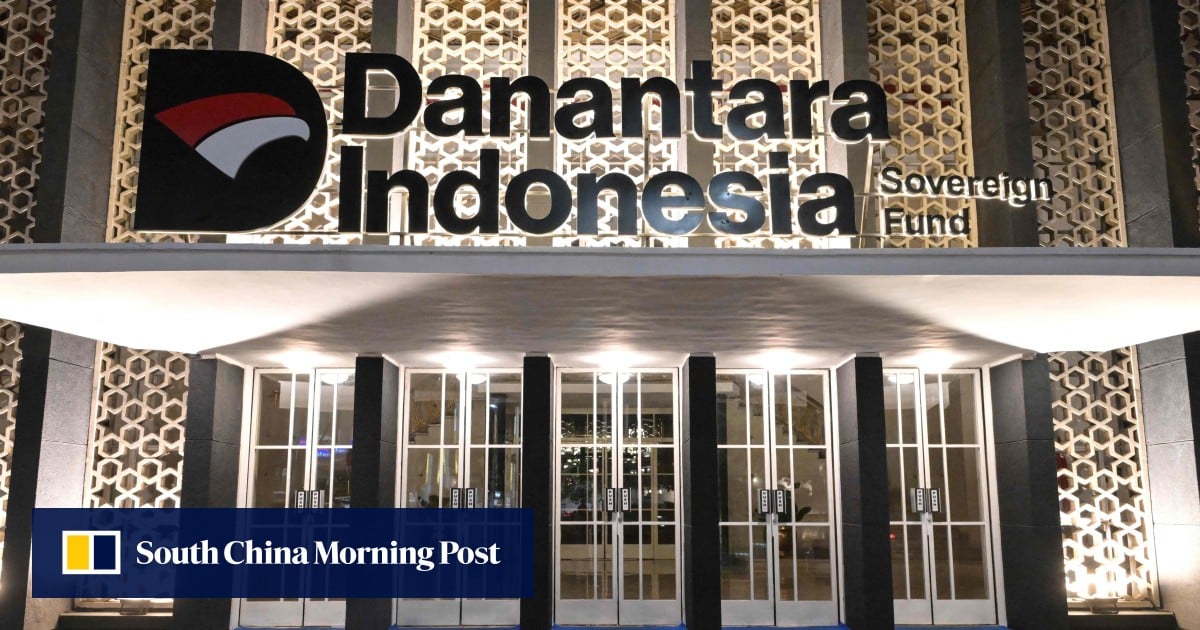Indonesia’s newly unveiled sovereign wealth fund, Danantara, has sparked a constitutional challenge, with the plaintiff arguing the new law establishing the fund has “radically changed” the status of state-owned enterprises (SOEs) in a way that could impede corruption oversight.
Experts said the case revealed deep legal ambiguities over whether SOEs were truly separate from the state. The new law attempts to address this tension, but some argue it may weaken public accountability, raising concerns about transparency.
In addition to being a sovereign wealth fund, Danantara is a super holding entity entrusted to manage all of Indonesia’s State-Owned Enterprises. Compared to Singapore’s Temasek Holdings, and Malaysia’s Khazanah Nasional Berhad, it received initial funding of US$20 billion and aims to achieve a net portfolio worth up to US$900 billion.
A petition filed in the Constitutional Court on March 20 seeks to declare Law No. 1-2025, which established Danantara and was signed by President Prabowo Subianto in February, unconstitutional. The petition argues that the law cuts financial and legal ties between SOEs and the government, potentially undermining public oversight and enabling corruption.

Plaintiff Rega Felix, an Indonesian citizen, claimed it had “radically changed” the definition and nature of SOEs.

